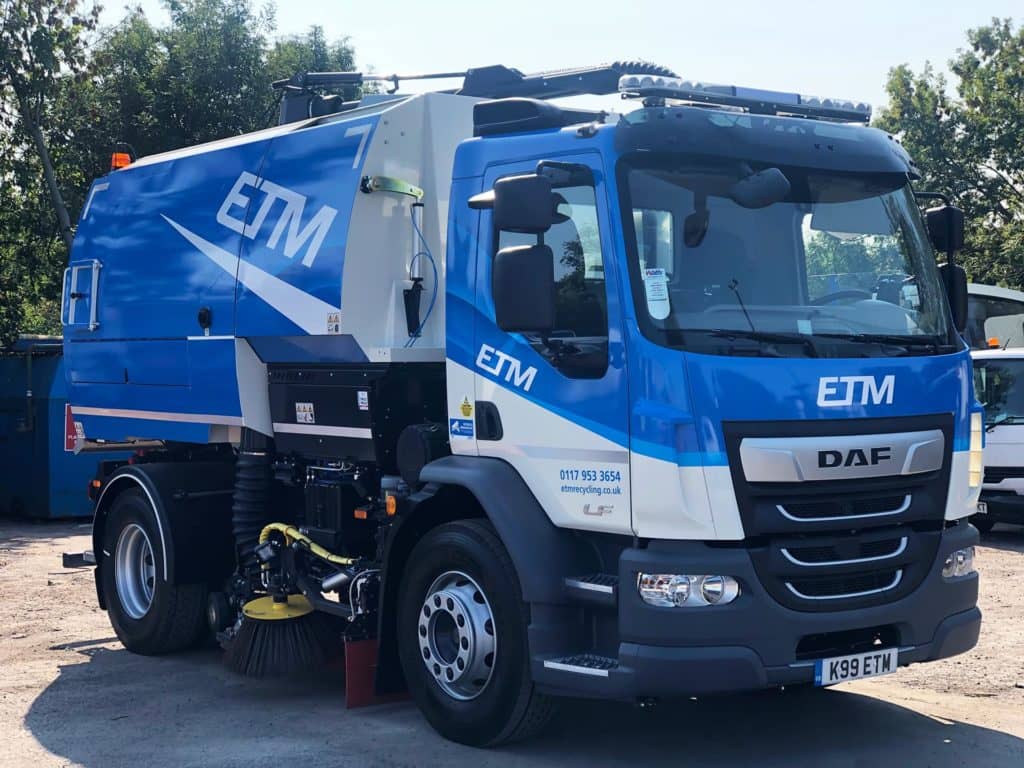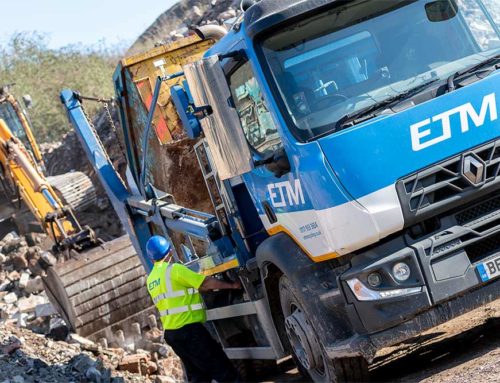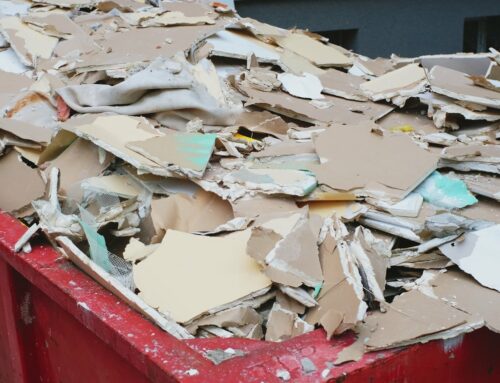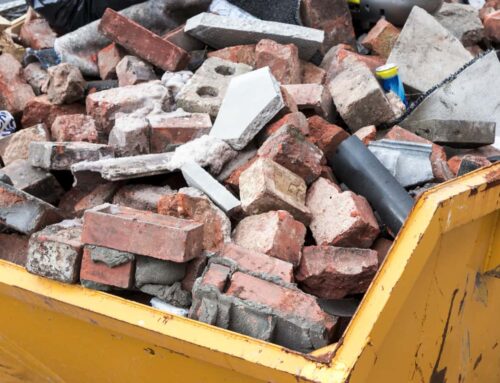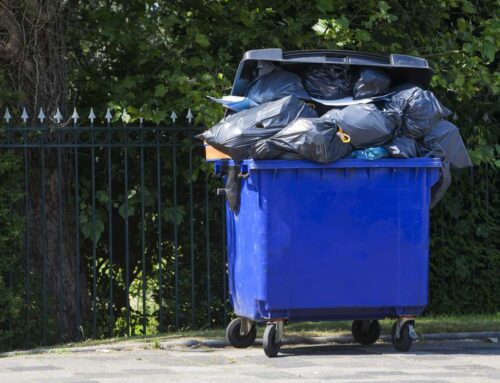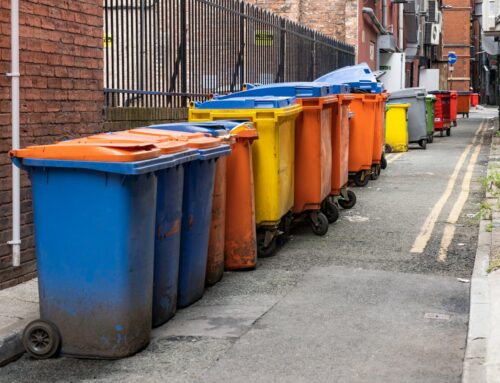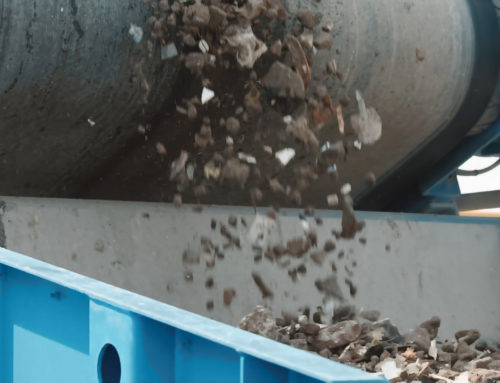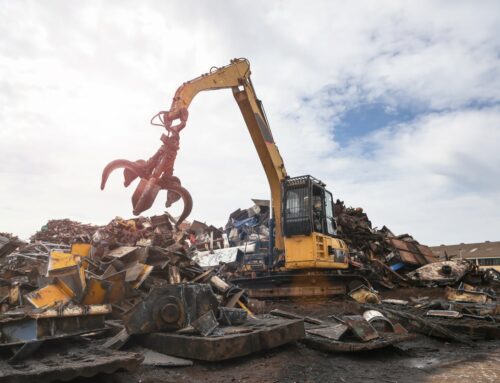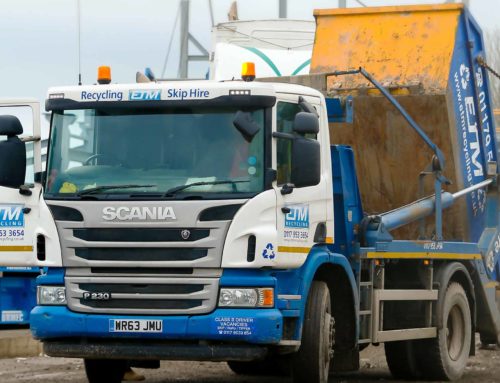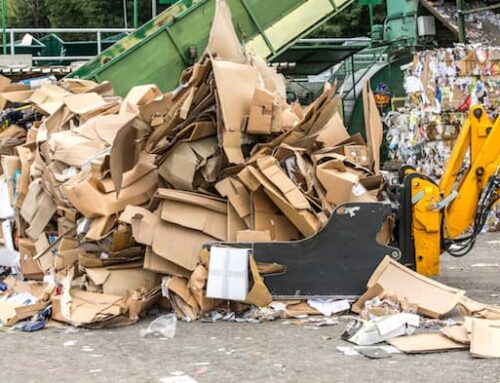Street sweeping services serve a variety of functions across a host of contexts. From rural villages to built up cities – keeping our roads clean is important. When we see a street sweeper on the roads, our minds often assume their purpose is solely aesthetic – but there are many environmental advantages too!
Through their everyday use by pedestrians and cars in addition to their exposure to a variety of climates throughout the year, roads can easily become hotspots for dirt and debris. In addition to looking unkept, excess dirt and debris can also have a variety of environmental impacts.
In this blog from ETM Recycling, we outline the environmental benefits of street cleaning, and go on to highlight our road sweeper hire service.
Why Do Roads Need to Be Swept?
Regular use and weather conditions can make it easy for excess materials to accumulate on our roads. The debris collected by street sweepers contains a variety of different materials. These materials include sediment, rubbish, metals, petroleum products and green waste to name a few.
When large amounts of debris build up on our streets, it can make them more hazardous for pedestrians and drivers, and have a variety of environmental implications. For example, the acculated debris can impact air quality, and even make its way into rivers and marine environments. Below, we highlight more of the many environmental benefits of road sweeping.
What are the Environmental Benefits of Road Sweeping?
Improve Stormwater Management
As previously noted, without road sweeping – a wide variety of materials accumulate on road surfaces. Regularly sweeping roads reduces the quantity of these materials that enter stormwater systems. When storm drains become overfilled and blocked up, the risk of localised flooding increases. Depending on seasonal climate, the combination of flooding and cold weather icing could also pose issues for drivers, pedestrians, and animals.
Remove Algae Causing Materials
A more specific issue related to stormwater is the accumulation of algae forming materials. Green waste is a common example of road debris. Green waste is comprised of items such as grass cuttings, hedge clippings, and leaves. These materials are high in nitrogen and phosphorous. On one hand, small amounts of these chemicals are essential to the growth of microorganisms; large amounts, however, can be damaging to a stormwater systems. In particular, too much of this green waste and its composite chemicals results in increased production of algae – with large quantities of algae having disruptive effects on ecosystems.
Reduce Damage to Wildlife and Water Supplies
When a particular ecosystem becomes home to large amounts of algae, there can be disruptive effects for the life that resides there. Algae can influence a variety of ecosystem factors such as water quality, food chain, and the behavioural habits of fish and other aquatic life. In addition, an excess of algae in an aquatic environment can modify the chemical balance of the water. An algal bloom can cause a phenomenon known as eutrophication; where excessive algal growth depletes the oxygen from the water, resulting in the death of all aquatic life.
In addition to posing issues for aquatic life, large quantities of algae can also impact human health. If humans come into contact with water contaminated by high volumes of certain types of algae, whether that be through swimming, drinking, or even consuming fish products that have been contaminated, they may become unwell. In some instances, contact with contaminated water can even be fatal.
In addition to issues born from algae growth , regular road sweeping reduces the likelihood of waste or other products being consumed by animals and outdoor pets. Reducing roadside appeal for animals and pests also reduces the likelihood of undesirable infestations which may be troublesome and challenging to remove.
Reduce Pollutants and Dust Entering Air
When assessing air pollution, dust is one of the biggest factors to consider. Dust can cause a host of both environmental and health problems, so implementing systems to effectively combat excess dust has numerous benefits. Regular street sweeping reduces the likelihood of dust accumulating and causing such issues, by controlling its distribution in the atmosphere.
Sweeping Roads On Your Premises
When it comes to public roads and pathways, a large proportion are covered by local cleaning initiatives organised by councils. On the other hand, there are large bodies of road that aren’t – especially on private properties or access routes for privately owned or rented premises. Regardless of purpose or location, roads and their drainage systems are still susceptible to these challenges. For this reason, making use of road sweeping services, such as those available from ETM Recycling, offers an ideal road management option for those not covered by local services. Keeping on top of road maintenance and cleaning not only has benefits for the long term condition of the road, but may also reduce the need for costly unblocking procedures in the event of debris build-up.
Road Sweeper Hire from ETM Recycling
ETM Recycling offer some of the leading waste disposal, services across Bristol and the South West. Prioritising ethical practices, our services are perfect for businesses striving to meet their environmental goals. Our road sweeper hire is available to customers across Bristol, Bath, and the South West and covers the cleaning of roads, forecourts, construction sites and most industrial premises. Our gully sucking and high pressure washing equipment offers a highly effective solution to minor drain blockages and obstructions within road drains.
With a wide host of industry experience and excellent local connections, we are on hand to help your business find the right road sweeping solution. Enquire now to talk to a member of our expert team and improve the condition of your roads and entryways!
